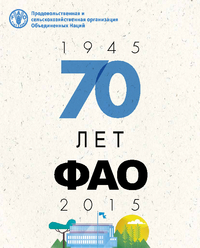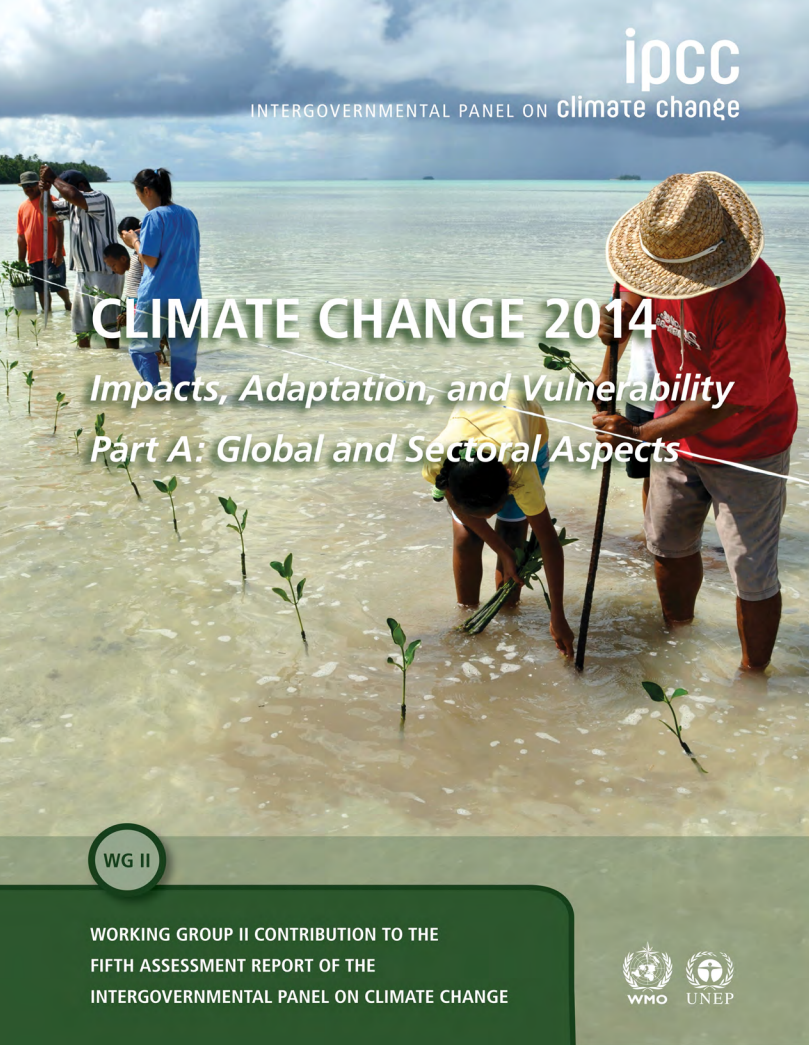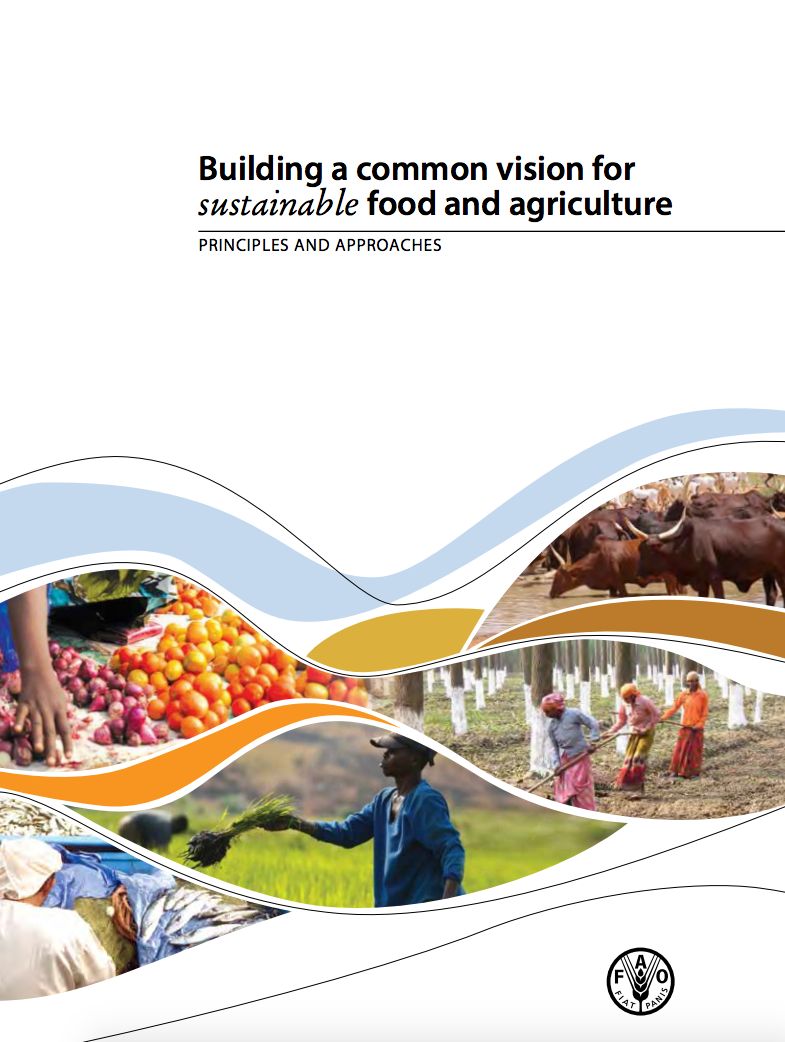Donor accountability and local governance: Development assistance to the Cambodian land sector
This article looks at World Bank and German land sector support and highlights the challenges these actors have faced in ensuring effective implementation of land sector reform in Cambodia. The author outlines the history of Cambodia's relationship with the World Bank and key milestones in Germany's involvement.
.









